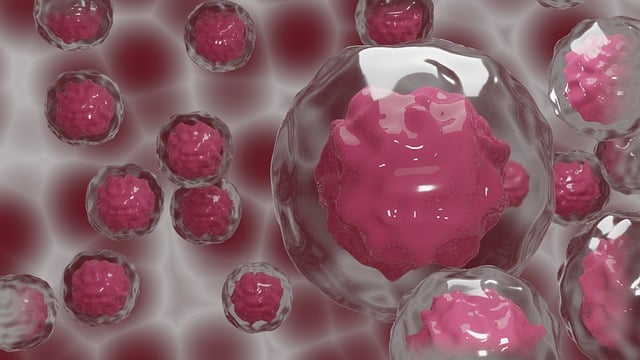Cervical Cancer Prevention Week 2025 runs from January 20th to January 26th. This important annual event is dedicated to increasing awareness about cervical cancer, emphasizing the significance of prevention through regular screenings, and promoting the life-saving benefits of the HPV vaccine. Organized by various healthcare providers and organizations, the week serves as a reminder for individuals to take charge of their cervical health.
The Importance of Cervical Screening
Cervical screening, commonly known as a smear test, is one of the most effective tools for preventing cervical cancer. The screening detects abnormal cell changes in the cervix, which, if left untreated, could develop into cancer over time. Regular screening ensures early detection and intervention, drastically reducing the risk of advanced cervical cancer.
Health experts urge eligible individuals to attend their scheduled cervical screening appointments. In the UK, for example, women and people with a cervix aged 25 to 64 are invited for screenings every three to five years. By prioritizing these tests, lives can be saved through early detection and prevention.
The Role of HPV Vaccination
The human papillomavirus (HPV) is a significant cause of cervical cancer. The HPV vaccination program, introduced in many countries, has already made a substantial impact in reducing the number of HPV-related cancer cases. The vaccine is offered to children and young adults, typically before they become sexually active, as it is most effective when administered before exposure to the virus.
Parents are encouraged to ensure their children receive the HPV vaccine as part of their routine immunization schedule. Adults who missed the vaccine during their adolescence should consult their healthcare provider about their options.
Understanding Symptoms and Seeking Help
Awareness of cervical cancer symptoms is vital for early diagnosis and treatment. Common symptoms include:
-
Unusual vaginal bleeding (e.g., after sex, between periods, or post-menopause).
-
Changes in vaginal discharge.
-
Discomfort or pain during sexual intercourse.
-
Pelvic pain.
Anyone experiencing these symptoms should seek medical advice promptly. While these signs may not always indicate cervical cancer, they warrant investigation to rule out serious conditions.
How to Get Involved
Cervical Cancer Prevention Week is an opportunity for everyone to contribute to spreading awareness and encouraging action. Here’s how you can participate:
-
Share Information: Use social media platforms to share facts about cervical cancer prevention, screenings, and vaccinations.
-
Host or Attend Events: Join local awareness campaigns, workshops, or online webinars.
-
Encourage Loved Ones: Remind family and friends to schedule their screenings and check their eligibility for the HPV vaccine.
-
Support Charities: Donate to or volunteer with organizations like Jo’s Cervical Cancer Trust, which provide resources and support for those affected by cervical cancer.
A Collaborative Effort
Preventing cervical cancer requires a collective effort from individuals, healthcare providers, and communities. By prioritizing screenings, promoting vaccinations, and understanding the symptoms, we can reduce the impact of cervical cancer and save lives.
This Cervical Cancer Prevention Week, let’s unite to spread awareness and encourage proactive health measures. Together, we can make a difference in the fight against cervical cancer.
